Premier convenes another energy conference
This is the eighth time in the last 14 months that the premier has taken serious notice of the energy crisis.
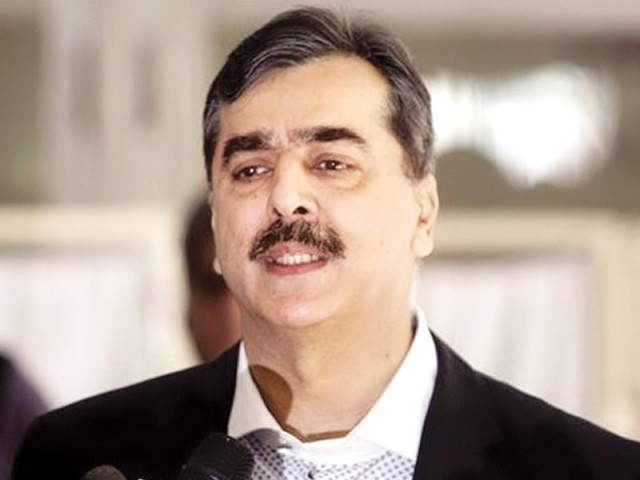
Taking strict notice of electricity blackouts, Prime Minister Yousaf Raza Gilani has summoned an energy conference today (Tuesday) in Islamabad. The decision to convene a meeting, which will be presided over by the premier himself, comes in the wake of violent protest across the country against load shedding.
Prime Minister Gilani, who is in Saudi Arabia to express condolences over the death of Crown Prince Nayef bin Abdul Aziz Al Saud, issued instructions to the water and power ministry as well as the petroleum ministry to take ‘immediate measures’ to reduce load shedding.
This is the eighth time in the last 14 months that the premier has taken serious notice of the energy crisis. After ten energy meetings and conferences however, consumers have gained little respite from the government. Electricity tariffs have increased after every meeting held to review the power crisis.
PPP lashes out at Punjab govt
Meanwhile, Information Minister Qamar Zaman Kaira has squarely blamed the Punjab government for not only instigating people against the federation but also for the loss of life and damage to public property.
He was talking to media persons at Faisal Mosque after attending a funeral prayer in absentia for Prince Nayef.
Responding to a question, Kaira admitted that load shedding had increased over the past couple of days, but emphasised that this was not a justification for attacking public property and the property of Pakistan Peoples Party leaders.
“Load shedding is (occurring) in all four provinces, but violent demonstrations are being staged only in Punjab where the police have become silent spectators, and the provincial rulers are taking advantage of the situation by allowing the people to ransack public property.”
Criticising Punjab for its poor performance in energy production, Kaira said Punjab has the potential to produce 800 megawatts of hydropower but not a single megawatt has been produced so far. The minister said that 200 megawatts of electricity will be added to the system from the wind sector and 600 megawatts will be added from the same sector next year.
ECC meeting
Meanwhile, the Economic Coordination Committee (ECC) scheduled to meet today (Tuesday) is expected to revise the Gas Allocation and Management Policy 2005 to prioritise the gas for power sector in a bid to reduce the crisis and energy rates that have led to countrywide protest and violence.
Sources told The Express Tribune that a proposal of prioritising gas for power sector was being discussed among the concerned ministries. “Before the ECC meeting, the proposal would be discussed with finance ministry officials and approval would be sought from Prime Minister Yousuf Raza Gilani,” the official said.
At present, gas allocation to power plants is third in the priority list of gas allocation and management policy 2005. “Now, proposal is being discussed that power sector should be pulled up to the second category of priority in the gas allocation policy.”
(WITH ADDITIONAL REPORTING FROM ZAFAR BHUTTA IN ISLAMABAD)
Published in The Express Tribune, June 19th, 2012.



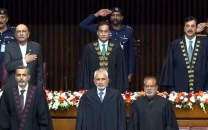

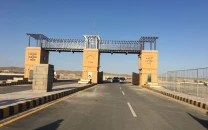
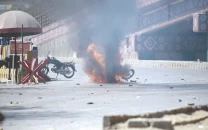


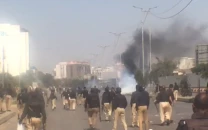









COMMENTS
Comments are moderated and generally will be posted if they are on-topic and not abusive.
For more information, please see our Comments FAQ